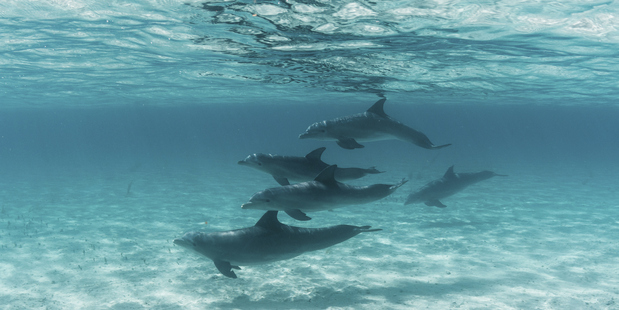1. Judge Rules Navy Underestimated Threat to Marine Mammals from Sonar
-----------------------------------------------
2. Overfishing
of Atlantic by EU Nations Continues
-----------------------------------------------
3. U.S. West’s
Marine Life is Literally in Hot Water
Horrified by the picture to the right? So are we! During January and February, almost 1,800 young sea lions were found stranded on California beaches. One of the causes for this drastic increase is the unusually warm water temperatures in the Pacific Northwest. This temperature change has adjusted the entire food chain and lead the hundreds of hungry pups ashore. Read more...
-----------------------------------------------
4. California
First State to Generate More Than 5% of Electricity from Utility-Scale Solar
In 2014 the state of California was able to generate 9.9 million megawatthours of electricity from solar plants. That was the largest amount of solar generation in the country, according to Electric Power Monthly. The state added almost 1,900 MW of new solar plants in 2014. California’s renewable portfolio standard requires that by 2020, 33% of the power they sell will be from renewable sources. Read more...
In 2014 the state of California was able to generate 9.9 million megawatthours of electricity from solar plants. That was the largest amount of solar generation in the country, according to Electric Power Monthly. The state added almost 1,900 MW of new solar plants in 2014. California’s renewable portfolio standard requires that by 2020, 33% of the power they sell will be from renewable sources. Read more...
-----------------------------------------------
This week a
pilot whale was found dead on the beach of Teluk Dayang. After inspecting the whale,
scientists found 21 small plastic bags, 11 plastic sheets, a detergent
container, and a caution tape in the stomach of the whale. This is a good
example of one of the many cases where animals have been severely impacted by
marine pollution. Read more...
-----------------------------------------------
6. How Zoos Acquire Endangered Species
Have you ever
gone to a zoo and wondered how and why those animals ended up out of their
natural habitats? This article reviews how the Association of Zoos and
Aquariums (AZA) manages the transportation of endangered species. Read more...
-----------------------------------------------
7. As Sea Stars Die, New Worries About Urchins
-----------------------------------------------
8. Endangered Dolphin Hot-Spot Discovered at Great Barrier Island

Massy University marine biologist, Sarah Dwyer, discovered a new hot-spot for a species of endangered dolphins. The Hauraki Gulf in the Great Barrier Island is home to approximately 170 dolphins which is a significant decline from past observations. Miss Dwyer is now working on a plan to help protect the dolphin population from the negative impacts of tourism and other reasons for the decline. Read more...
-----------------------------------------------
Be sure to "LIKE" http://facebook.com/SeaSave to ensure our "Week in Review" is delivered to your newsfeed every Thursday.
Sea Save Foundation is committed to raising awareness of marine conservation. The Week in Review is a team effort produced by the Sea Save staff to provide a weekly summary of the latest in marine research, policy, and news.



